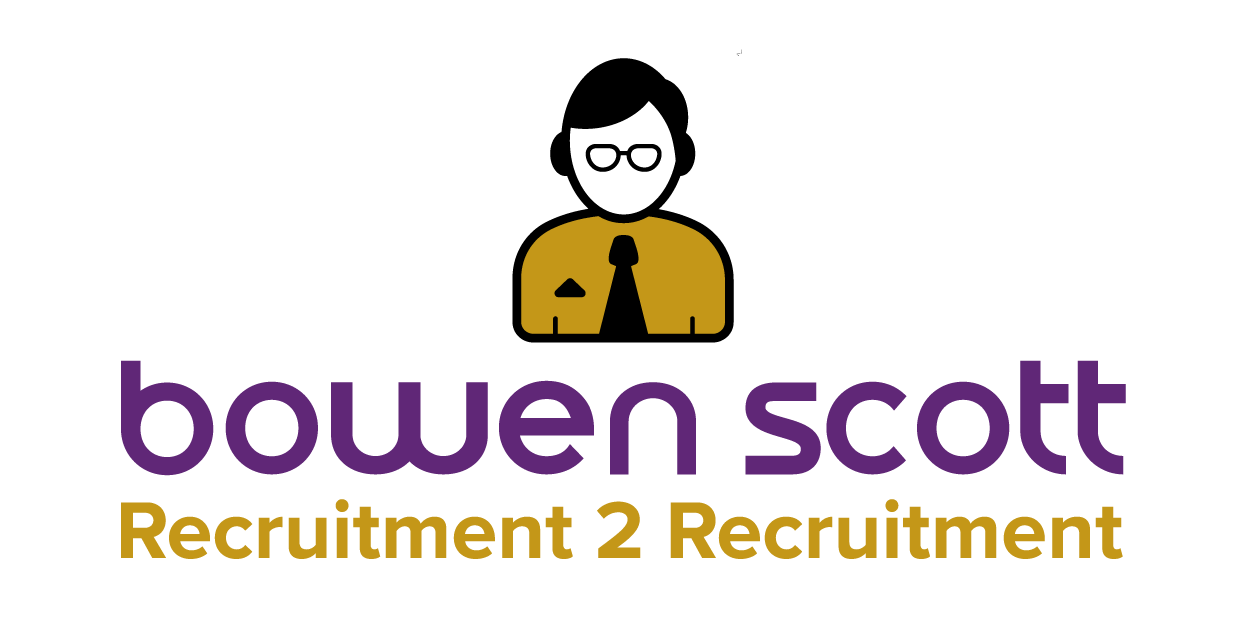How to ask for a raise
The subject of salary is often a taboo topic which makes many people feel on edge and uncomfortable when addressing it directly.
But why is that exactly? I mean, there aren’t many of us that choose to go to work 40 hours a week, with a complete disregard for how we’re compensated for our time and efforts… at the end of the day, we all have to pay the bills and save up for whatever is in our realm of need or desire, so why not be upfront about it?
My colleague’s candidate, let’s call him John, had been in a role for about 9 months and was majorly kicking goals. His boss was constantly praising him, asking if there was anything else he wanted/needed to make him happy.
Being only 9 months in, John wasn’t sure if it would be better to;
a) wait until his 12-month review,
b) keep quiet until directly asked or;
c) take the plunge and talk to his boss about a raise.
I am an advocate for being transparent and speaking your mind if there’s something that is bothering you. People generally appreciate honesty and if your approach and delivery is well executed, a productive conversation should ensue.
In John’s situation, the advice given was this: My colleague advised him to sit down with his boss and ask what the process was to get a review of his salary.
She suggested he should point out that he had met and exceeded all KPI’s and ask whether this is a conversation that was appropriate to have now, or whether the company preferred for employees to wait for their annual review.
This approach shows respect for the company and their processes, and achieves transparency so the boss is now aware of John’s hopes and aspirations moving forward.
Now of course there are some scenarios where it might not be appropriate to ask for a raise and I’ve outlined 5 below:
1. You’ve accepted a low-level and subsequently low paying role below your skills and capability
– If you’ve accepted this position, you accepted knowing it’s parameters and just because you’re capable of more – it’s not fair to expect a company to pay more if they hired you for a specific/more basic function

2. You’ve only been at the organisation for a short period of time
– you might be doing a good job and feel like you’ve proven yourself, but people want to see that you’re consistent over time; through good times and bad. Check in with your boss regularly to make sure they’re happy with your performance and see if there’s anything you can improve on. People love seeing initiative and this will stand you in good stead for when you do have the salary review conversation.

3. You’re performing averagely and hate coming to work each day
– If you turn up for work with a lacklustre attitude and no zest for the role, it’s probably not a good time to ask for a raise. Putting in hard workand having a good attitude will naturally set you up for success in this space

4. You have a terrible relationship with your boss
– This can be tricky as sometimes you don’t see eye to eye with your boss, even if you’re doing a good job. If your relationship is strained, I would advise to wait for an annual review to have this conversation. If you’re truly deserving and present the facts of your performance in the meeting, it should be taken seriously by your manager. If your boss is completely averse of you getting a raise, you may have to speak to HR or another manager. If nobody in upper management recognises your merit, perhaps you’re working for the wrong company!

5. Because your colleague got a raise, it doesn’t necessarilymean you merit one too
– This comes back to the basic principles of not comparing yourself to others. At the beginning of your employment with the company, you negotiated a particular salary which you felt was justified at the time. If you find out someone is on a higher salary or has received a raise, that doesn’t mean you automatically deserve one too. Over time and with experience you will get better at negotiating and understanding what the market is paying for your skills. Of course, if you feel like you’ve been wrong done by in your initial negotiations, again you could have that open conversation with your boss outlining that you’re performing exactly the same functions as Colleague X, but getting paid $20K less. Ask your boss if Colleague X is performing other functions outside the scope which you’re not aware of and otherwise if it would be possible to review your salary.
In all scenarios; the key is to set expectations from the beginning and stick to the facts. If you’re well deserving of a raise and respect the processes, restraints and budget of the organisation you are working for, you should receive a good response from your boss, with immediate or long-term positive outcomes.
Recently read from https://www.linkedin.com/pulse/how-ask-raise-dominique-boon?trk=vfeed&lipi=urn%3Ali%3Apage%3Ad_flagship3_feed%3B1CLDbJ845Xirj3rzuyEdbA%3D%3D

